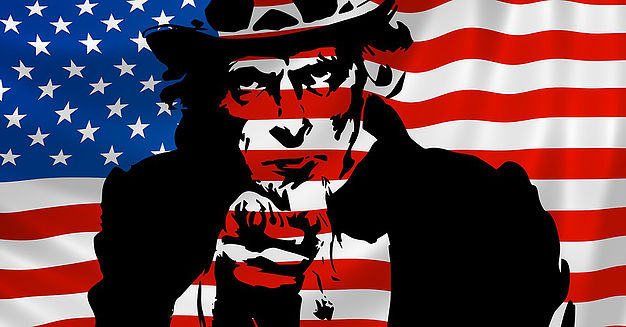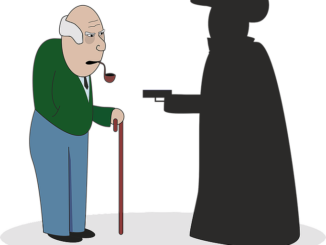
When I was a boy of about ten years old, my father became active in state and local politics. Some of the best people I’ve ever met were a result of relationships established during my my father’s time as a political activist of sorts. One of the most important things I learned from watching my father was the power and influence that a small group of people, or even one person, can have on the state and local political scene.
Perhaps I can illustrate this best with a story my father told me. On one occasion, he was in a restaurant where he overheard a conversation of some ladies nearby. These ladies were discussing something related to local politics when the issue of a local political organization came up. It just so happened that my father was part of this organization. He didn’t speak up. He just sat and listened to what they had to say.
As their conversation materialized, my father said one thing was evident. In the eyes of these ladies, they spoke as if there was a member of this political organization behind every rock. My father chuckled inside, because he knew differently. As a member himself, he knew that the truth was that there were less than ten actively engaged members of the group. Nevertheless, it was obvious that their influence was felt and interpreted to be great.
Now, please don’t let that story lead you to believe that my father’s political organization wasn’t influential. It was! And that’s the point. This group of committed constitutionalists made a difference. So much so that they helped unseat a sitting United States legislator who had served many terms. In fact, I would say that prior to his being unseated he was thought to be an unbeatable incumbent.
Perhaps one of the most important things my father and his political activist friends recognized was that the establishment political class didn’t want them involved. They wanted to marginalize them. To remove a person’s will from being involved is to remove them from the process. It’s called eliminating the competition.
My father and his friends refused to be ignored. They began to organize and then something special happened. They found out they weren’t alone. There were actually others that felt the same way on key issues, and many of them were willing to help. That’s when things really started moving.
Have you ever felt marginalized? Do you refrain from being involved for fear you won’t be heard? Do you fear that your efforts may be in vain? If so, stop it. Find someone else who believes in limited constitutional government as you do. Then see if they know someone too. Before you know it, you may find a network of like-minded people that can have a positive impact in our state and local government.
There’s an old saying, “We have met the enemy and he is us.” Don’t be your own worst enemy. After all, the key to a better government may just be you.



